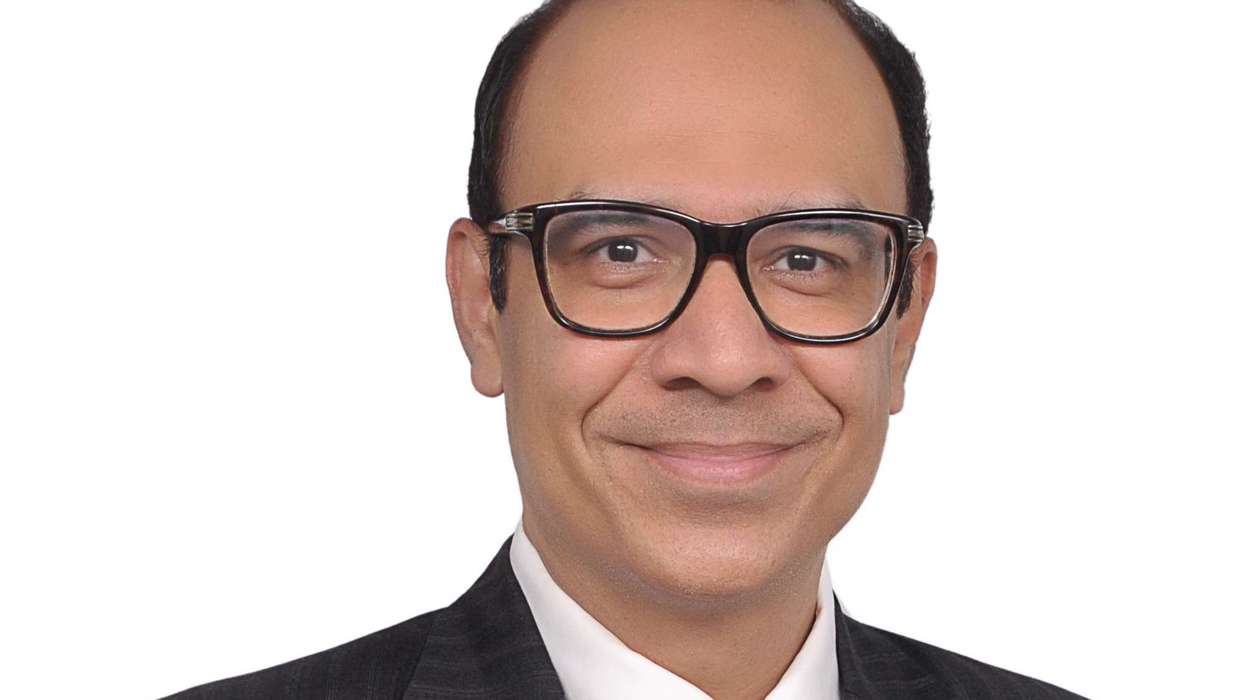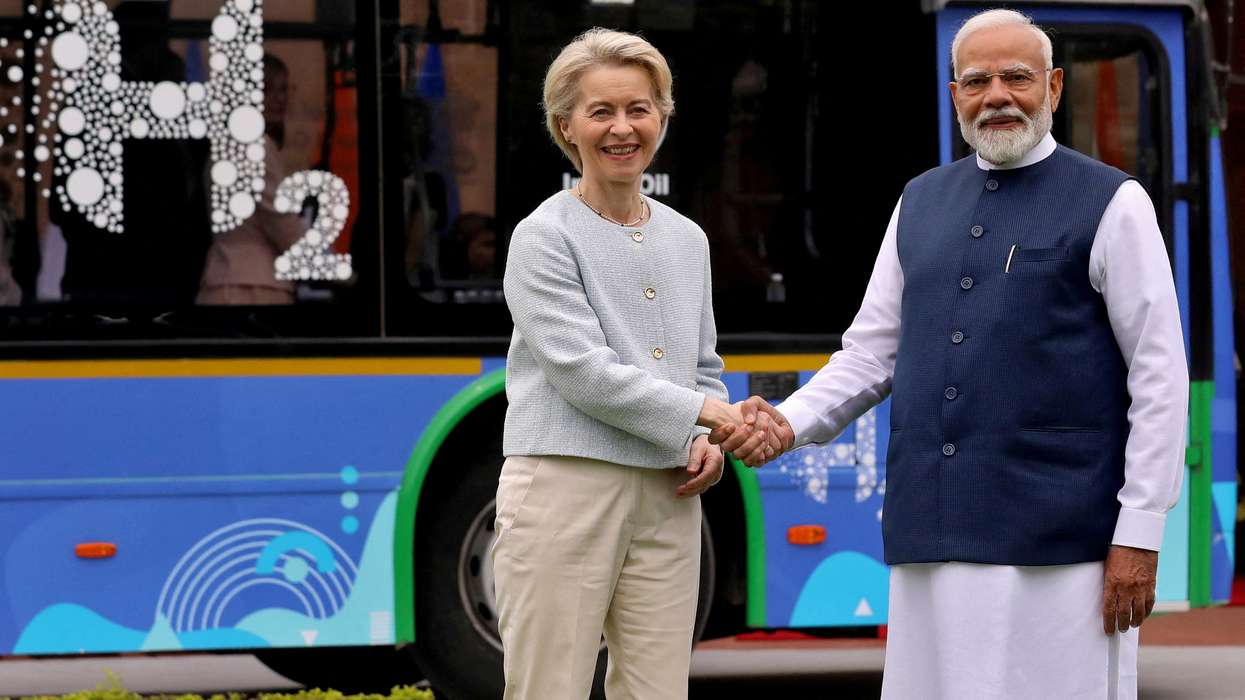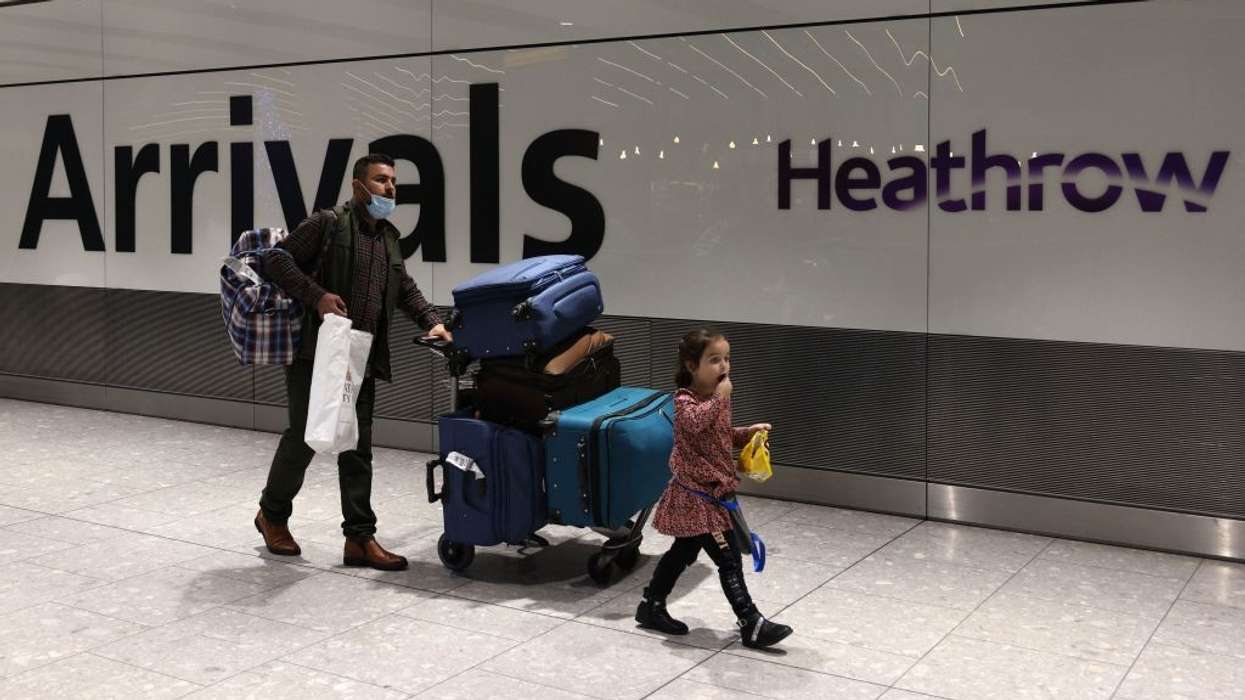THE BRITISH ARMY has created a new Gurkha artillery unit, the King’s Gurkha Artillery (KGA), as it faces a recruitment and retention crisis.
The unit will include 400 Gurkha personnel from the Brigade of Gurkhas, who will take up artillery roles for the first time.
One-third of the force will be new recruits and the rest will be transferred from existing Gurkha units to build the rank structure, The Telegraph reported.
New personnel will be trained on advanced systems including the Archer and Light Gun artillery, which replaced the AS90s sent to Ukraine. Future training will include the remote-controlled Howitzer 155 system.
The new unit will help address a shortfall of 700 soldiers in the Royal Regiment of Artillery. The first recruits will complete initial training in November before beginning trade training at Larkhill Garrison in Wiltshire.
The Ministry of Defence said the unit would enhance artillery capabilities and support career development for Gurkha soldiers. A new Gurkha cap badge has also been created for the first time in 14 years.
Veterans minister Alistair Carns said the new formation recognises the Gurkhas' contribution through years of service. The British Army and Gurkhas have worked together since the Anglo-Nepalese War in 1814..





